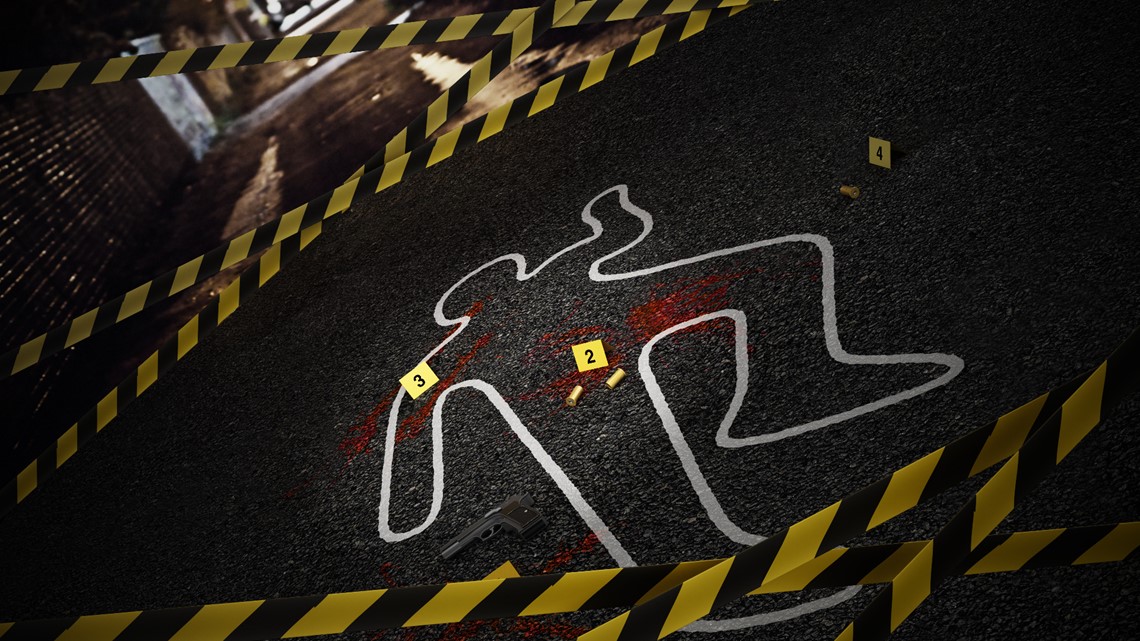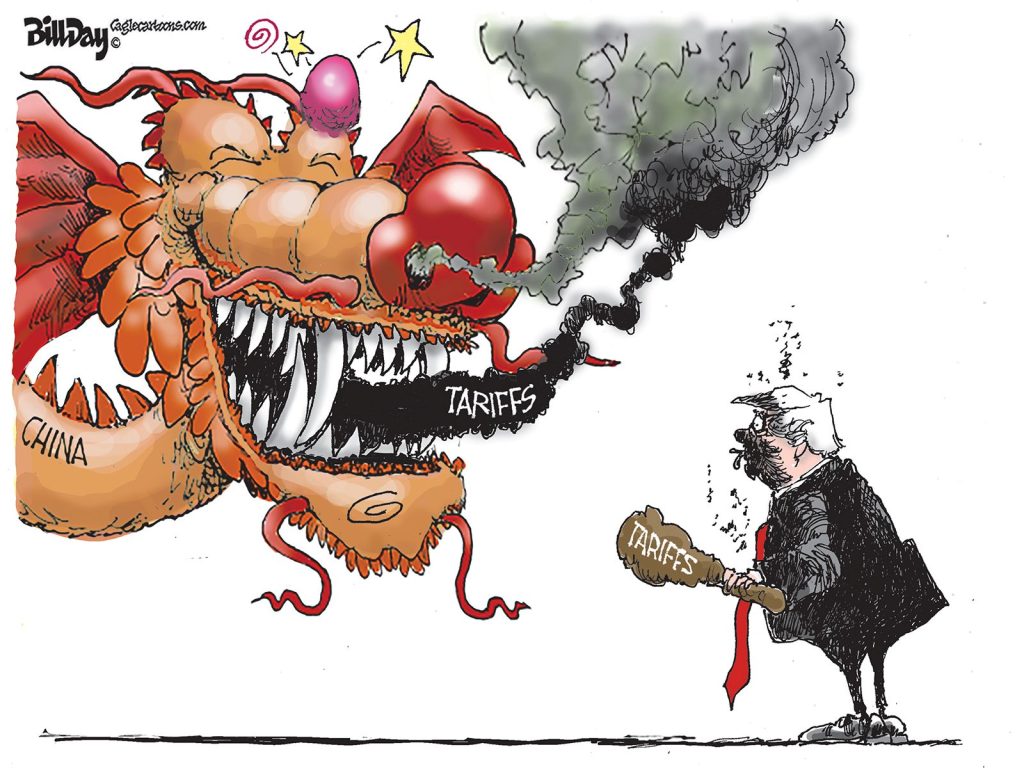By John Branston
What Is It About Memphis and Murder?
If Memphis is not Number One in murders per 100,000 residents it is pretty damn close.
As texters and rappers say, WTF?
For the second year in a row, Memphis set a record for homicides in 2021 with 346, up from 332 in 2020. (I know, not all homicides are murders. You can look it up yourself. To me the difference is legalistic and irrelevant.)
Memphis has been among the leading contenders for “Murder Capital of the U.S.A” since at least 1912 when a life insurance statistician named Frederick Hoffman awarded it the title for having 89 murders per 100,000 citizens.
In 1917, The Commercial Appeal weighed in with this editorial analysis: “Several years ago Memphis built up a homicide record. We answered that most of the killing was done by negroes and that some of the killing was done by men who were birds of passage. We attributed much of the killing to booze . . . But the reputation of Memphis was built upon figures submitted at the end of the year, and those who formed opinions had nothing but the figures to go on.” (They had declined to 45 per 100,000 in 1917. Today the rate is about 55 per 100,000.)
I am a news junkie, a Memphis homeowner, and an amateur historian with opinions. To pass time during the pandemic I started compiling murder stats from stories in the local and national media.
This is some of what I found out.
In the last 25 years there were more than 200 murders a year in Memphis several times. But never anything like 332 murders – a 49 percent increase over 2019.
That’s a lot of murder. New York City, population 8.3 million, had 319 murders in 2019, 450 in 2020, 292 in 2016, and 2262 (correct!) in 1989.
Oakland, population 429,000, had about 100 murders in 2020 and just 74 the year before. Nearby San Francisco, population 884,000, had 41 (correct!) murders.
Washington D.C., population 684,000, had 200 murders last year.
Baltimore, 620,000 population, had 348, putting it in line with Memphis.
St. Louis, population 321,000, had 194, again in line with Memphis.
Atlanta, population 488,000, had a record 157 murders in 2020 and 99 in 2019.
Dallas, population 1.3 million, had 251 murders in 2020, a 15-year high.
New Orleans, population 391,000, had 195 murders in 2020 and 121 in 2019.
Birmingham, population 213000, had 122 murders in 2020, slightly more per capita than Memphis.
Detroit, population 675,000, had 327 murders in 2020.
Chicago, population 2.7 million, had 774 murders in 2020 and 506 in 2019.
Charlotte, 860,000, had a record 123 murders in 2020.
Here’s a biggie: Nashville had 101 murders last year and 109 the year before. Murder is a sticky number. Not even close to Memphis. The explanations get far less attention than the raw numbers.
The Memphis media take different approaches to the numbers.
WREG-TV covers murder and mayhem so thoroughly that I sometimes have to turn away. The print and online media prefer food and sports stories such as “New Sandwich at Elwood’s Shack,” “Whataburger Not Opening New Restaurant in Collierville” and “A Look at Ja Morant’s Shoe Collection.” I did not make this up.
Analysis, such as it is, is left to politicians and experts quoted in the national media.
Corbett King, a columnist for the Washington Post, wrote of his city that “perhaps the saddest commentary of all is the city’s resigned acceptance of bloodshed. Our civic community — here I speak of elected officials, community organizations and faith leaders — shrugs off more than 100 murders a year.” (Remember,100 murders a year would be TREMENDOUS DECLINE for Memphis.)
U.S. Rep. Alexandria Ocasio-Cortez, a Bronx native, said in July that the spike in New York City was a function of unemployment brought about by the pandemic. Mayor Bill de Blasio, early last year, said the state’s recently enacted bail reform was at least partly to blame.
The New York Times columnist who cited these last two examples wrote that “while there is a connection between certain socioeconomic indicators and property crime, the same cannot be said for violent crimes like shootings and homicides.”
Meanwhile, WMC-TV gets to the heart of the matter in four words on its station logo: Real Men Don’t Murder.
Memphis Mayor Jim Strickland has said (actually, written in one of his weekly emails), “For me personally, working to solve this problem has been one of the most frustrating and challenging obstacles I’ve faced during my time as Mayor because there is no “quick fix”. Unfortunately the plans we make and the actions we take today do not mean our crime problem will be solved tomorrow. It takes all of us – state and local officials, families, neighborhoods, churches, businesses – working together towards the long-term goal of reducing violent crime.”
This is hooey. Actually there is a quick fix, as every Memphian and potential Memphian knows. If you are a resident with the means, you can move to a safer neighborhood or a safer city. If you are just looking, you can look somewhere else.
Which is a shame, because Memphis has so many good things going for it.
**
John Branston covered Memphis as a reporter and columnist for 35 years.
*****
Join us at the Smart City Memphis Facebook page and on Instagram for blog posts, articles, and reports relevant to Memphis.





